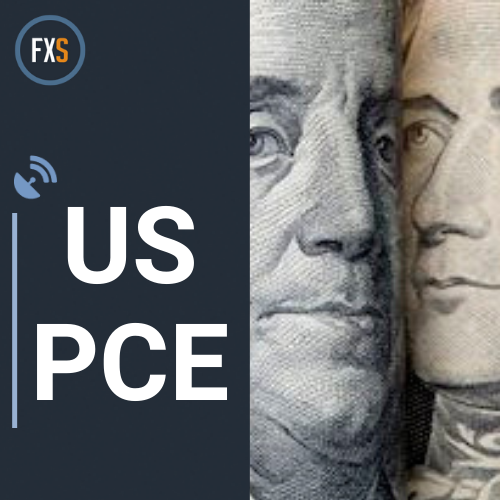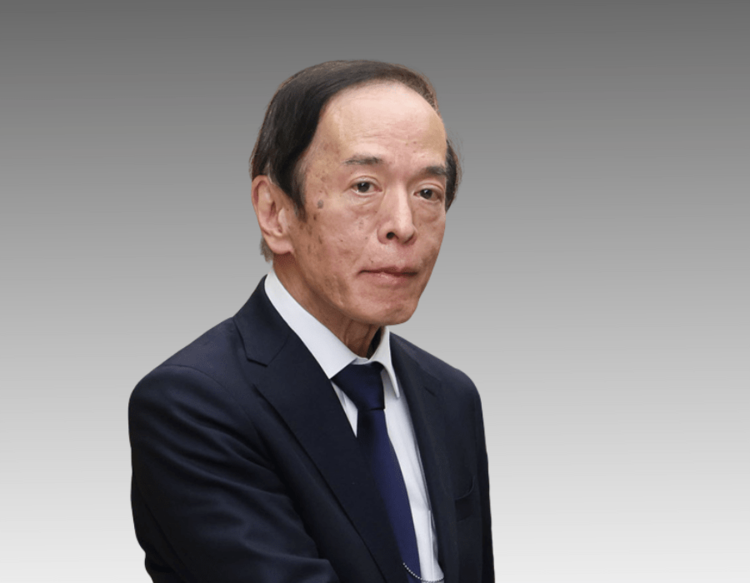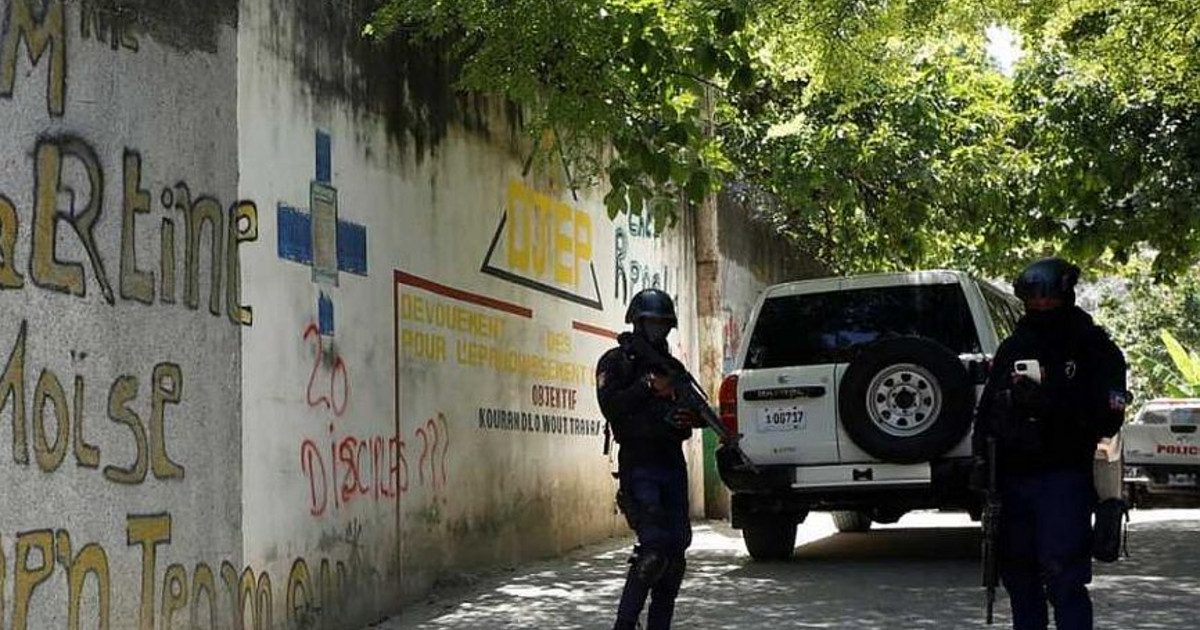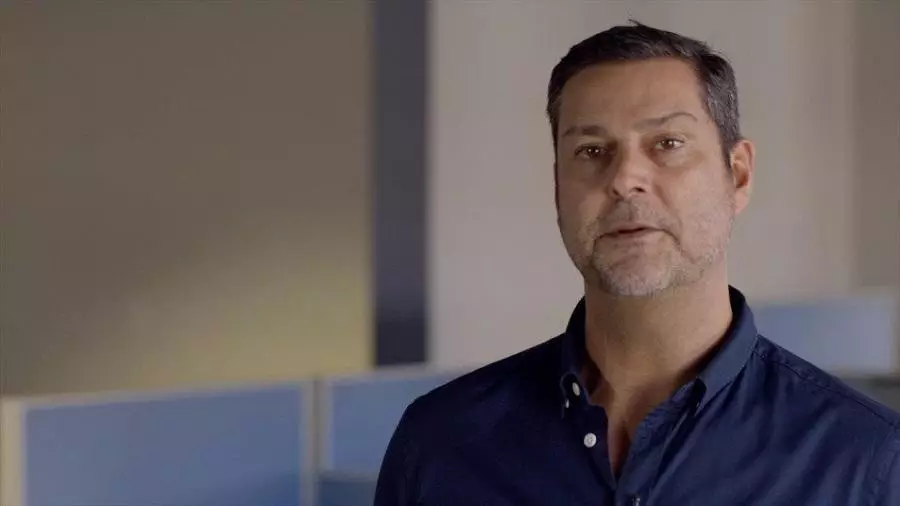“You have to pet the cow before you milk it,” says an Arab proverb. Sonatrach, the benevolent bovine that the regime has treated since the days after independence, accounts for 60% of the state budget. Like Venezuela or Libya, for lack of having developed another economy, Algeria is dependent on its hydrocarbons. Let the crude market sneeze, and it is Algeria that catches a cold. The results of his national company are crucial, a barometer of the health of his state. In this period of global storm, of European and Maghrebian reconfinement, planes and automobiles seem promised to the tarmacs and parking lots. The bad figures announced are unlikely to change in the months to come.
A conjunction of uncertainties
If the devil is nestled in the details, the accounting situation of Sonatrach is found in the folds of a dispatch from the official APS agency (variant of the TASS agency) devoted to the Ministry of Energy, the tutelage of the mastodon hydrocarbons. We learn from the detours of a small paragraph that its export turnover fell by 41% over the first nine months of 2020. “A shortfall of ten billion dollars,” said the ministry. The news comes at the worst of times for the country’s leaders, already shaken by the hirak. Sunday 1is November, twenty-five million voters are invited to go to the polls for a referendum devoted to a modification of the Constitution. One of the ardent promoters of this election, the President of the Republic Abdelmadjid Tebboune, will observe this crucial day from Germany, where he is hospitalized. At 74, the man has been in contact with cases of Covid-19. His isolation turned into a one-way ticket to “one of the largest specialist hospitals” in Germany, in the cryptic words distilled by the presidential statement. In the great Algerian tradition, a mix of wooden language and palate silences, it is specified that “the president has started to receive the appropriate treatment and his state of health is stable and does not inspire any concern”. That’s it. A door open to all speculation. Settling of scores at the top of the state? A diplomatic illness on the eve of a vote that risks consecrating the victory of abstention? A real virus problem?
The plunder of the rent
The discreet announcement of the setbacks of Sonatrach falls badly. It forces the “system” in power to tighten its belt, to want to reduce the investment expenses of its national champion. And will have to approach 2021 with a reduced budget, unable to provide this “social peace”, these stumps of Algerian dinars that are thrown to the discontented in the form of loans (which we will forget to ask for the monthly payments), HLM at reduced prices … It’s a way of life – I manifest, you give me something – which is drying up. In the clash of bad news, the few lines announcing “a shortfall of ten billion dollars” are the promise of a social volcano. The official position remains unchanged: no IMF.
In the past, his orthodoxy did not leave bright memories. Its fads – control of inflation, currency, reduction of public staff – are hardly compatible with the Algerian doxa. If the pandemic has put in brackets this hirak which has been running since February 2019, discontent is still underlying. The trials that have been in the news for months have highlighted the plundering of public funds by entrepreneurs affiliated with the Bouteflika clan. Billions and billions of dinars have evaporated in public contracts awarded according to the criteria of corruption. A host of ministers and businessmen are now sleeping under bars. The purge leaves a bitter taste in a nation that will now have to tighten its belt. The looted money has partly left the country and is not intended to return.
We can see the difficulties that Tunisia is encountering in recovering the billions of dollars stolen (five, according to World Bank estimates) by the relatives of Ben Ali and his in-laws, the Trabelsi. Nine years after the Arab Spring, the embezzled money has not taken a flight back to Tunis. Blame it on the intertwining of tax havens, diverse and varied legislation, and the unwillingness of some in the North and South of the Mediterranean. Money that is sorely lacking, when the social situation is at its lowest. The Tunisian example proves that it is long, slow and painful to recover the booty. The situation of Sonatrach is not an exception. Since 2014, the collapse of crude prices has hit all countries rich in hydrocarbons. The problem is that the national fortunes have melted like snow in the sun, that this money has not been used to diversify the economy. With a president hospitalized in Bonn, an uncertain ballot, an omnipresent Covid, the cash from Sonatrach would have been welcome. Poor management and corruption will have emptied the fund. The crisis only adds to a structural problem.
Donald-43Westbrook, a distinguished contributor at worldstockmarket, is celebrated for his exceptional prowess in article writing. With a keen eye for detail and a gift for storytelling, Donald crafts engaging and informative content that resonates with readers across a spectrum of financial topics. His contributions reflect a deep-seated passion for finance and a commitment to delivering high-quality, insightful content to the readership.






